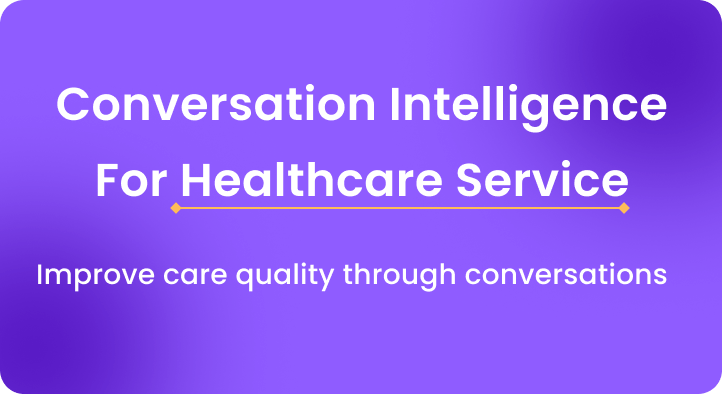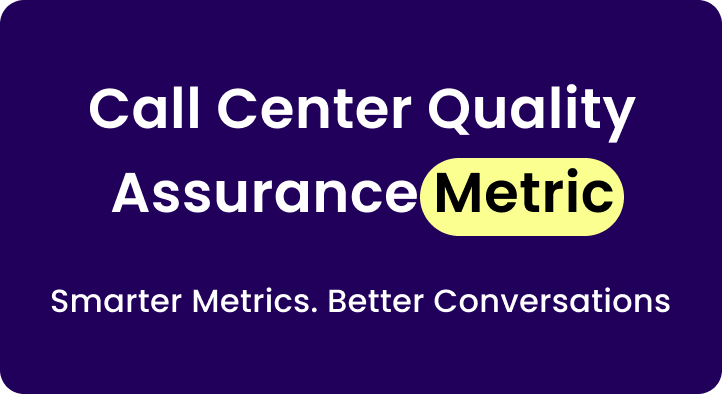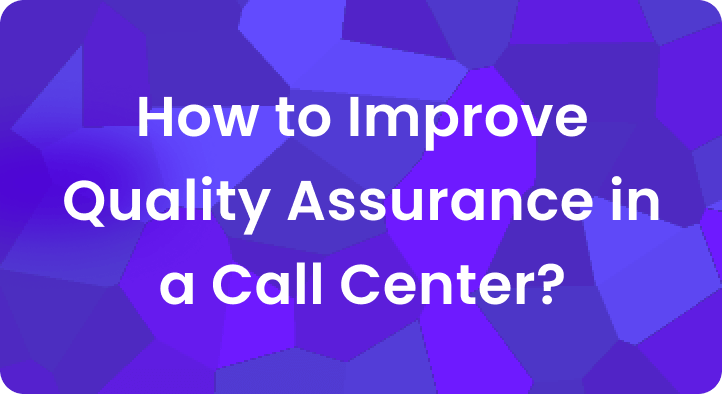Yes, customer data can be safe with AI software, if the software follows strict security, encryption, and compliance standards.
AI software is designed to protect customer data from threats. It uses encryption, access control, and follows privacy laws.
Laws like GDPR and CCPA apply to many industries.
But not every tool handles data the right way. Some skip steps. That can lead to data leaks.
In contact centers, especially in finance, the data is sensitive. You deal with credit info, loan history, and payment records.
AI can help you stay compliant and work more efficiently. But only if the tool is safe and well managed.
Let’s look at how AI protects your customer data.
What is customer data?
Customer data is any information linked to a person. This includes names, phone numbers, emails, and account numbers. It also covers chats, call recordings, and payment history.
In contact centers, this data flows through daily interactions. You collect it during calls, emails, and support chats.
This data helps teams solve issues and improve service. But it also carries risk if handled the wrong way.
Leaked or misused data can cause major trust issues. It can also lead to legal trouble and lost revenue.
That’s why protecting customer data is everyone’s responsibility.
Why AI needs customer data?
AI systems learn by analyzing data. The more data they get, the better they perform. In customer service, AI tools use this data to understand behavior, solve problems, and support human agents.
For example, in call centers, AI might:
- Listen to customer calls
- Review chat messages
- Scan emails or support tickets
- Analyze customer feedback
This helps the AI:
- Find common customer issues
- Suggest real-time responses to agents
- Flag compliance gaps
- Detect fraud or risky behavior
These insights improve speed, accuracy, and the overall customer experience. But they come at a cost—access to sensitive data.
That’s why it’s critical to understand how the data is handled, stored, and protected.
Key security risks with AI software
AI software can be powerful, but it also brings new risks. When customer data is involved, even small gaps in security can cause big problems.
Here are the main concerns:
1. Data breaches
Hackers can target AI systems to steal sensitive data. If security is weak, your customer data is at risk.
2. Poor data handling
Some AI tools collect more data than needed. Others may store it without proper protection.
3. Third-party vendors
Many AI tools are built and hosted by outside companies. You may not control where the data is stored or who can access it.
4. Privacy leaks and bias
If the data is not cleaned or anonymized, AI could expose private details. Bad data can also lead to unfair or biased results.
5. Lack of transparency
Some AI tools act like black boxes. You don’t always know how decisions are made or where the data goes.
For QA managers, these are red flags. You need to ask the right questions before trusting any tool with customer data.
How AI software protects data
Let’s be real, customer data is gold. And in finance, it’s sacred. That’s why AI tools built for call centers now come packed with tough security features.
Here’s how the good ones keep things locked down:
1. Everything’s encrypted
Whether it’s a voice call or a chat transcript, it’s encrypted. That means hackers can’t make sense of it, even if they try.
2. Tight access control
Only the right people see the right stuff. Your QA lead might see full recordings. Agents? Just their own calls.
3. Clear audit trails
Every click, flag, or download gets logged. You always know who did what.
4. Auto-anonymization
Some tools blur out names or account numbers during analysis. That’s key for protecting customer privacy, especially with loan or credit data.
5. Regulation-ready
Look for platforms that play by the rules, GDPR, CCPA, and even HIPAA. That means they’re built for industries where data rules are no joke.
6. You set the rules
Want recordings wiped after 30 days? No problem. Some AI tools let you customize retention and access policies.
7. Cloud security, top shelf
Most vendors use secure cloud platforms like AWS. That includes built-in firewalls, 24/7 monitoring, and regular security audits.
So yes, AI can be safe. You just have to pick the right tool—and ask the right question



